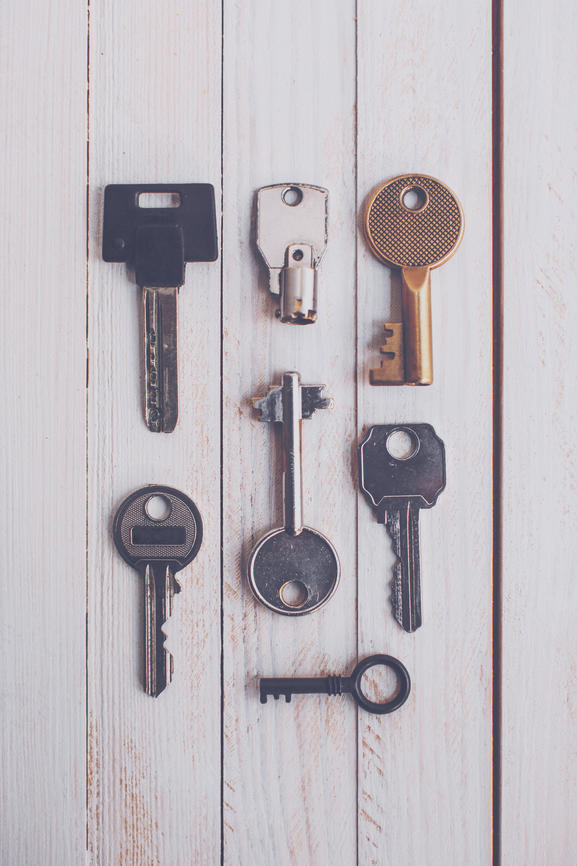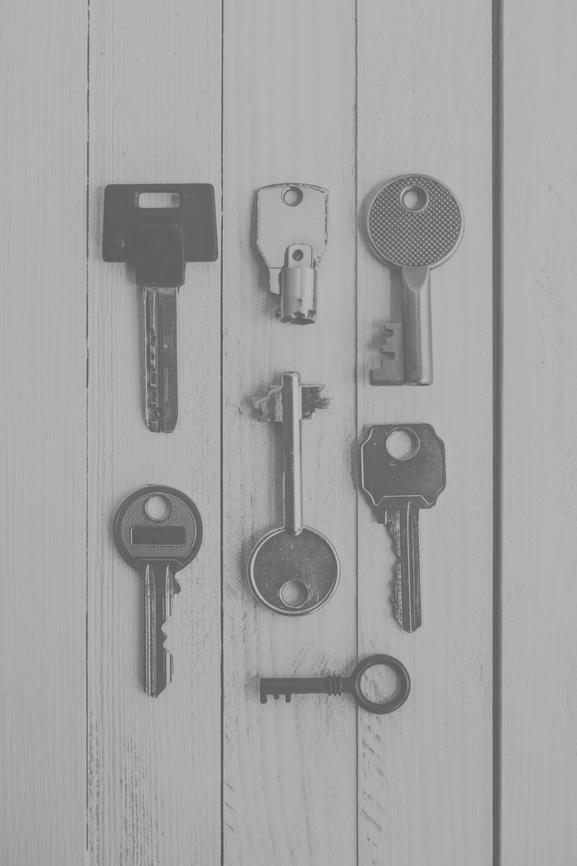I’ve recently received several questions about dos and don’ts when purchasing a car. It seems the fall has brought out the car-buying bug in some people.
I’ve already written a couple of pieces about why you should love buying a car and best practices when approaching the process. But one question that I continue to see that I haven’t written about is whether you should buy new, used or lease.
This long-standing debate has some interesting points on all sides. Today I’ll explore different arguments in the discussion, and I’ll talk about why the “best” decision isn’t as clear as many people make it sound.
Buying Certified Used Is the Best Financial Decision
I used to be in the “everyone should buy certified used” camp. When Ben and I decided that we needed a new car because our Corolla had airbag issues, I thought for sure we would end up with a two- to three-year old car.
The main argument for buying a certified used (also known as certified pre-owned) car is the overall cost. You’ve likely heard that on average a new car loses about 20% of its value the moment you drive it off of the lot, and some can depreciate up to 50% in their first five years. Therefore, you may still be underwater (i.e., owe more than the car is worth), even if you put money down.
Most of the car sites that I love, like TrueCar, Edmunds, and KBB , show you just how much a vehicle depreciates in its first year and the total cost of ownership over a five-year span. Sometimes these estimates vary widely, so it’s smart to check many sites to get the best sense of the total cost.
By contrast, if you buy a car that is two- or three-years old, you’ve let someone else take the huge depreciation hit. In addition, the certified-used car has gone through a quality inspection and gets an extended limited warranty. Overall, you save money on the cost of the vehicle and still get a quality car.
On top of total out-of-pocket savings, buying used may also get you a better model than you can afford buying new. When we started looking at the Prius, we found that we could get a two-year old, used Prius V (the highest model) for less than we could get a new Prius Three. In addition, the insurance rates would be lower because of the age of the car. While it may take you a little longer to find just the right car for you, you may benefit in the long run.
Why Buy New?
Despite the many benefits described above, there are still advantages to buying a new car. I’ve said it before, and I’ll say it again: sometimes the smartest financial decisions aren’t always the best, if they don’t fit with your money personality or your individual plan.
It may just feel better to you or help you sleep at night, if you buy a new car. You have the peace of mind that you can get the exact car that you want and with no prior damage or accidents. You also know that you have a full warranty, so you won’t have to deal with costly maintenance for a while. Lastly, you could feel better knowing you have the latest safety and technology features.
Ben and I ended up in this camp in our final decision. We bought a new Prius Three because we got to pick the features that we wanted and felt better having a new vehicle, with the latest technology, that we knew wasn’t damaged. We also got better financing, 0% for five years, than we would have with a used vehicle. After running the numbers, the overall cost of the used car we were considering was more than the new one (although they were different models).
A Few Words On Leasing
We can’t have the new-car purchase debate without mentioning leasing. Leasing is only paying for a portion of the car that you use over a specific amount of time. It’s basically renting a car for multiple years.
Because you are only paying for use of the vehicle, your monthly payment is lower. The unfortunate part is that you never own the asset. However, you have the option to purchase the car for a preset price determined at the beginning of the lease.
The advantages of leasing include driving a new car for a portion of the price of purchasing it. You can also switch out the car every few years. And, if you’re self-employed, you get to deduct the business portion of your lease payment.
On the other hand, leases can be expensive in the long run, especially if you go over the mileage limit or have excessive wear and tear on the car. In our decision, the costs of leasing outweighed any personal benefit, so we didn’t consider it.
A Side–by-Side Comparison
Edumunds.com has a great article comparing the overall cost of leasing vs. buying new vs. buying used. They compared the total cost of ownership of a mid-size sedan like the popular Honda Accord or Toyota Camry. After six years, the total out-of-pocket costs, offsetting the value of the new and used vehicles, were:
- Lease – $23,476
- Buying New – $18,417
- Buying Used – $15,570
As you might suspect, buying used is the cheapest overall. But you should keep in mind that the Edmunds analysis doesn’t take into consideration repairs, which will happen more on the older vehicle, especially in the later years of your life.
This scenario also assumes you sell the car after six-years. If you drive the car for longer, the extra low-maintenance years on the new vehicle decreases the cost discrepancy between the new and used vehicle.
What Should You Do?
In the end, you have to decide what’s most important to you. Take into consideration all of your desires for the vehicle, as well as your money personality to know what will be the best option for you.
- Are you trying to find the perfect balance between a quality vehicle and lowest costs? Maybe certified used is for you.
- Are you worried about having the latest safety features and technology packages? Consider purchasing a new vehicle.
- Maybe you want to drive the nicest car you can at the lowest monthly outlay. Look into leasing.
No matter what you choose, you still need to adequately research the purchase. Knowing all of the costs and benefits will help you feel comfortable that you made the right decision for you.





